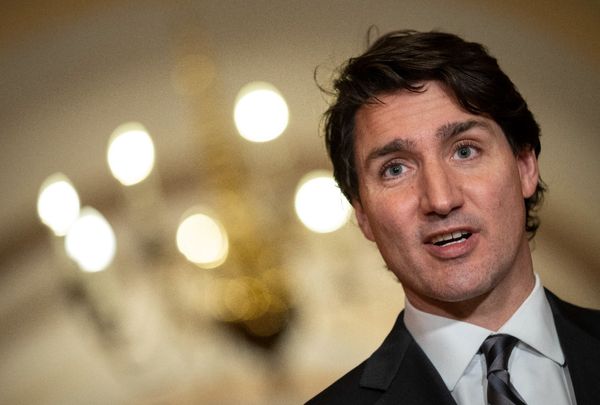
Hong Kong (AFP) - Hong Kong's economy grew by 6.4 percent in 2021 but the city warned that anti-Covid measures in response to the latest outbreak may stifle further recovery, a government spokesperson said on Friday.
The rise marks Hong Kong's first annual growth of gross domestic product after two years of recession, with the city roiled by democracy protests in 2019 and the coronavirus pandemic the year after.
GDP rose by 4.8 percent in the last quarter of 2021 compared to the previous year, capping off a year where Hong Kong's economy saw an overall rebound.
"The Hong Kong economy recovered further in the fourth quarter of 2021 thanks to robust export performance and improved private consumption," a government spokesperson said in a statement on preliminary GDP estimates.
Besides a double-digit jump in exports, Hong Kong also saw a spike in private consumption spending, an improved labour market and a government stimulus programme.
Like mainland China, Hong Kong adheres to a "zero-Covid" policy with strict anti-epidemic measures, which kept the city largely virus-free last year at the cost of deepening international isolation.
But the finance hub is struggling to contain outbreaks involving the highly transmissible Omicron variant, with confirmed cases setting a new daily record this week.
Hong Kong leader Carrie Lam on Thursday announced that anti-epidemic measures and travel curbs -- including a ban on flights from eight nations -- will be extended by two weeks.
"The latest wave of epidemic and the tightened anti-epidemic measures have posed renewed pressures on economic activities and weighed on sentiment," the spokesperson said, adding that Hong Kong's economic prospects in 2022 could also be affected by high inflation in major economies and tensions between China and the United States.
Private consumption expenditure increased by 5.7 percent from 2020, according to the data, with exports and imports rising by 19 and 17.5 percent respectively.
Last June, the Hong Kong government announced that residents would each receive HK$5,000 ($642) in electronic consumption vouchers, with the programme costing over HK$36 billion in total.







